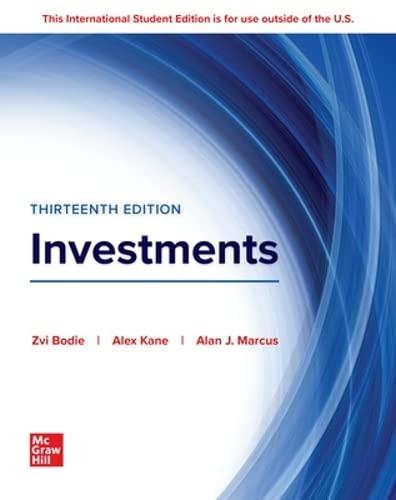a. If the exchange rate for the British pound goes from U.S.$1.45 to U.S.$1.25, then the pound
Question:
a. If the exchange rate for the British pound goes from U.S.$1.45 to U.S.$1.25, then the pound has:
i. Appreciated and the British will find U.S. goods cheaper.
ii. Appreciated and the British will find U.S. goods more expensive.
iii. Depreciated and the British will find U.S. goods more expensive.
iv. Depreciated and the British will find U.S. goods cheaper.
b. Changes in which of the following are likely to affect interest rates?
i. Inflation expectations.
ii. Size of the federal deficit.
iii. Money supply.
c. According to the supply-side view of fiscal policy, if the impact on total tax revenues is the same, does it make any difference whether the government cuts taxes by either reducing marginal tax rates or increasing the personal exemption allowance?
i. No, both methods of cutting taxes will exert the same impact on aggregate supply.
ii. No, people in both cases will increase their saving, expecting higher future taxes, and thereby offset the stimulus effect of lower current taxes.
iii. Yes, the lower marginal tax rates alone will increase the incentive to earn marginal income and thereby stimulate aggregate supply.
iv. Yes, interest rates will increase if marginal tax rates are lowered, whereas they will tend to decrease if the personal exemption allowance is raised. P-968
Step by Step Answer:

ISE Investments
ISBN: 9781266085963
13th International Edition
Authors: Zvi Bodie, Alex Kane, Alan Marcus





